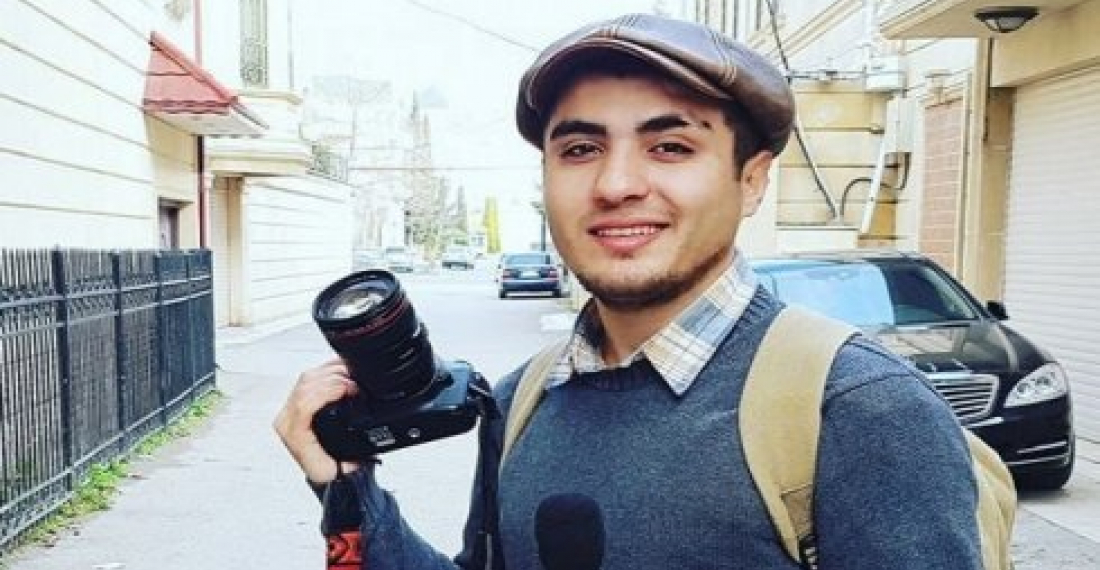The European Parliament on Thursday (17 January) adopted a resolution calling for the release of Azerbaijani photo-journalist Mehman Huseynov.
The website of the European Parliament said that in the resolution:
"MEPs call for the immediate and unconditional release of prominent Azerbaijani anti-corruption blogger Mehman Huseynov, who is serving a two-year prison sentence for speaking out about his experiences of being tortured by the police and criticising government officials by exposing their unexplained wealth.
They also demand an end to Azerbaijan's harsh general crackdown on dissent and the immediate and unconditional release from jail of all political prisoners. MEPs remind Azerbaijan of its obligations stemming from the European Convention on Human Rights and call on the country's authorities to fully respect and enforce the rulings of the European Court of Human Rights.
The resolution, adopted by 533 votes in favour, 28 against and 36 abstentions, further underlines the importance of the new agreement currently being negotiated between the EU and Azerbaijan, stressing that democratic reform, the rule of law and respect for human rights must be at its core. MEPs emphasise that the European Parliament will closely monitor the situation in the country throughout the negotiations prior to deciding whether or not to give its consent to the agreement."
related content: The case of Mehman Husseynov puts Azerbaijan on the spot ( 9 March 2017)
related content: The story of the two Mehmans (27 August 2017)
source: commonspace.eu







